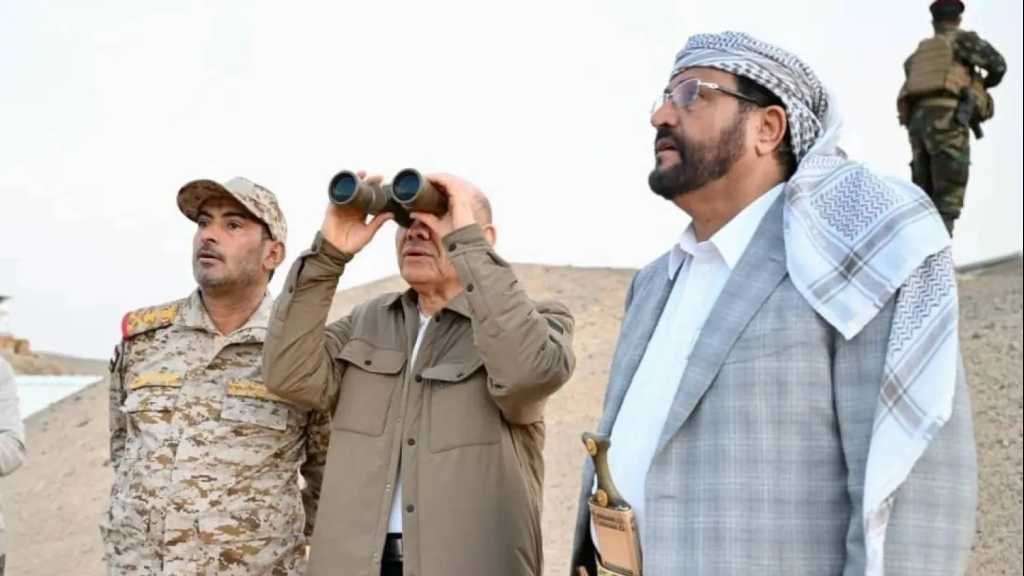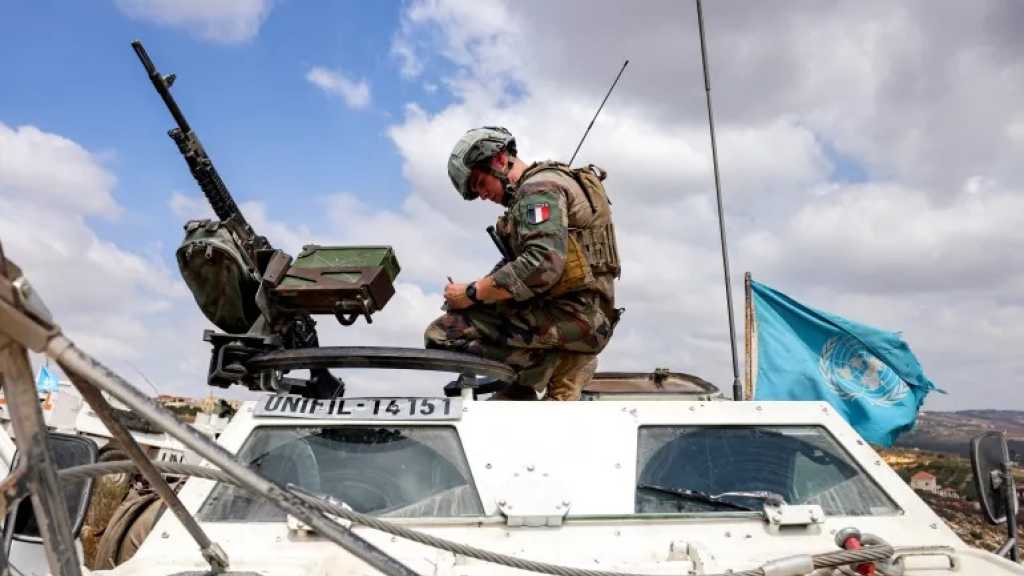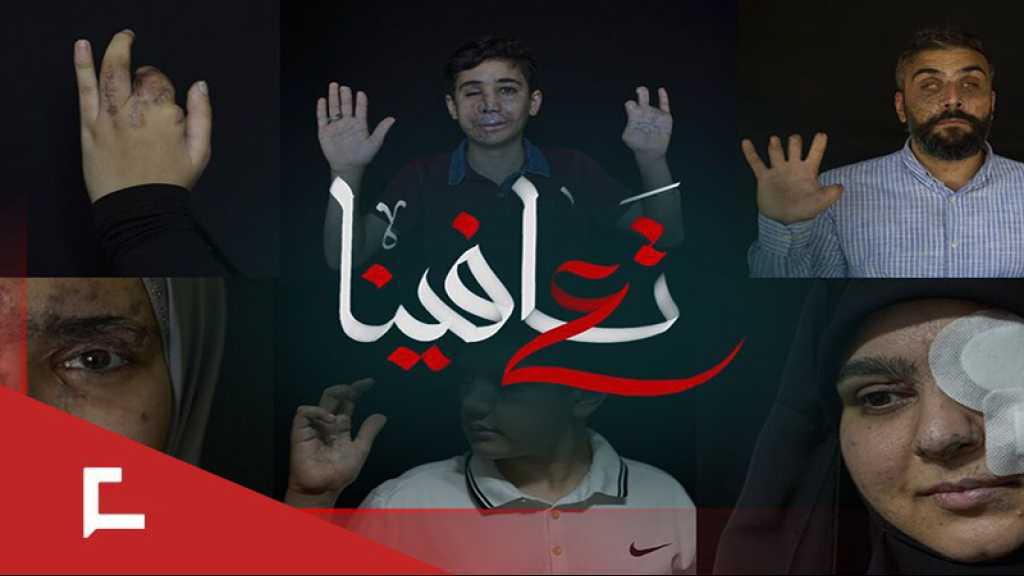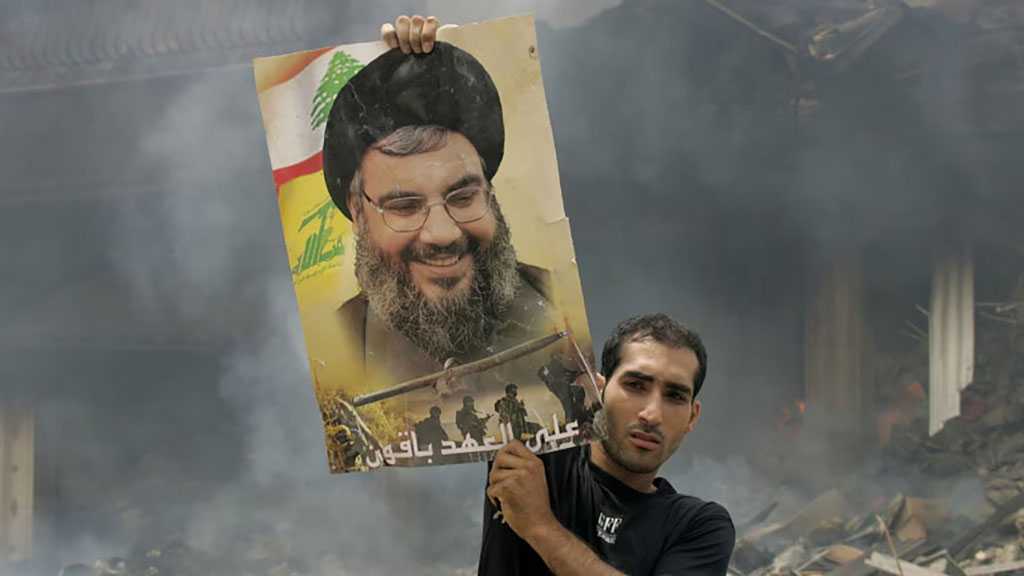Who Said That the Very Idea of Disarmament Is Up for Discussion?
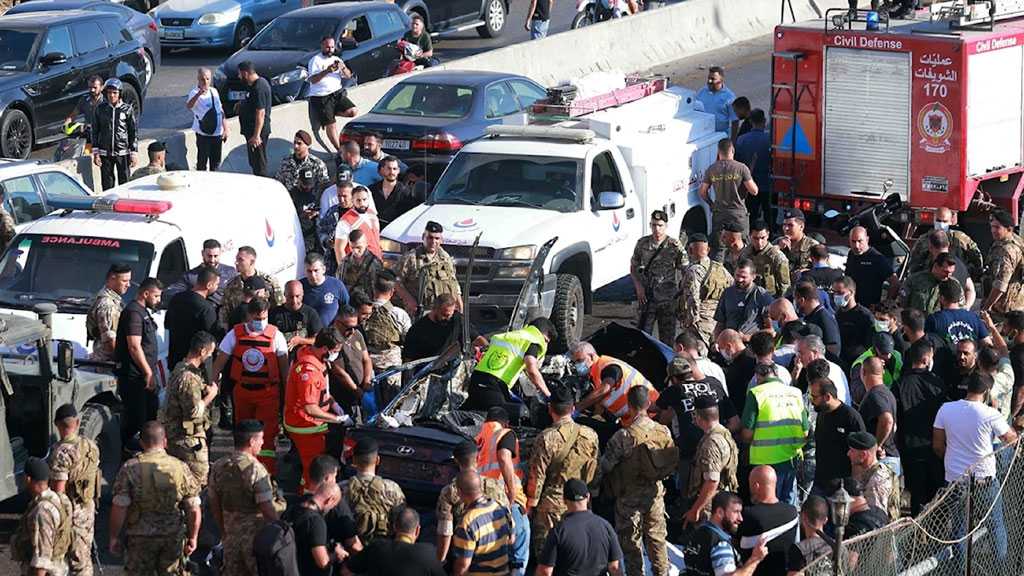
Translated by Al-Ahed News, Al-Akhbar Newspaper
Today, in this moment we’re living—amid the brutal wars tearing through our country and the region, led by the United States and “Israel”, with the involvement of some Arab states and political forces in Lebanon and beyond—can anyone in their right mind truly believe the Resistance should give up its weapons… just because Brother Trump wants it, or because he’s willing to kill even more of us?
Of course, there’s plenty of naïveté in our country, but more dangerous are the conspirators, those who’ve long made a habit of serving foreign interests. These are the people now clinging to the aftermath of the recent war with the enemy. They’re the ones pushing the narrative that the Resistance’s weapons failed to prevent the aggression against Lebanon.
These same voices—who have never once supported the Resistance—see the war solely through the lens of what it didn’t achieve. They focus only on the fact that it didn’t prevent the attack, or on the human and material losses it caused.
And let’s not forget: many of these people were the very ones who once led the charge in destroying Lebanon even further, killing tens of thousands of Lebanese, and leaving the country to the mercy of their own greed for nearly two decades. But now, suddenly, they’ve reinvented themselves as “experts”—and with remarkable arrogance, they argue that the sole purpose of the Resistance’s weapons should be to deter the enemy, not to defend the country.
That’s why they refuse to tell the people the real reason why, over 66 days of confrontation, the enemy couldn’t occupy a single part of Lebanese territory.
These same people refuse to admit that it was the flawed negotiation process—and the resulting agreement lacking clear guarantees—that allowed the enemy to enter and destroy many towns in the South. They also won’t acknowledge that these very missteps are what continue to enable ongoing “Israeli” violations today.
Those now calling for the Resistance to hand over its weapons are the same ones who, during the war, were urging it to surrender. Among them are those who claim the agreement was signed based on the balance of power at the time. But that claim is far from accurate. The nature of the negotiations back then was anything but normal. A lack of coordination, communication, and meaningful dialog is what led to the flawed agreement—and to the tragedies that followed.
The debate over that negotiation process is now returning with force, especially as new discussions emerge about possible talks with the American mediator on the future of the South, the issue of weapons, “Israeli” withdrawal, and even Lebanon’s relations with Syria. There’s growing concern that this new round of negotiations could follow the same broken path—and yield even harsher outcomes—particularly since the previous agreement failed to reflect the facts on the ground. At the time, the enemy was clearly struggling to secure a major victory, yet the deal didn’t capitalize on that.
Today, Lebanon must not act as though it holds no cards. We must be wary of voices pushing concessions under the excuse that refusing to comply with American demands might reignite the war.
Of course, in Lebanon generally—and even within the Resistance’s own base—there are those who hold its leadership responsible for accepting the agreement as it was.
And while it’s certainly worth having a serious and informed discussion to clarify what really happened, that doesn’t change the fact that the agreement was based on two main premises: ending the war and establishing a framework for implementing Resolution 1701 through mechanisms that would allow the Lebanese to reestablish state authority in the areas south of the Litani River.
As for the argument that the agreement implicitly includes previous international resolutions—this holds little weight in reality. If that’s the logic, then let’s apply all past resolutions. Do those who cooperate with the enemy and serve American interests ever recall that among these resolutions is Resolution 194, passed in 1948, which guarantees the right of return for all Palestinian refugees? Or that Resolution 242, issued in 1967, affirms Lebanon’s right to reclaim its land in the Arqoub region and surrounding areas?
Because when it comes down to real-world calculations, the ongoing discussion about disarming the Resistance is nothing more than a recycled demand that serves—first and foremost—“Israel’s” interests.
“Israel” has never stopped calling for the dismantling and disarmament of the Resistance. Even Benjamin Netanyahu, during his first term as prime minister, made his first major statement on Lebanon after a meeting with former US President Bill Clinton in 1997. He declared that “Israel” would not withdraw from Lebanon unless Hezbollah was dismantled.
And here we are today, with Netanyahu repeating the very same demand—this time with American approval and backing. The core message carried by Tom Barrack was clear: the Lebanese state must dismantle Hezbollah as a resistance force in order for “Israel” to agree to withdraw from Lebanon, stop its aggression, and allow reconstruction to begin.
It’s worth recalling that back in 2000, following the historic liberation on May 25, the task of demarcating the borders was assigned to a UN envoy, Terje Rød-Larsen.
Upon his arrival in Beirut, Larsen was brimming with optimism. He met with Lebanese political and diplomatic figures and spoke of a “dignified demobilization” of Hezbollah’s fighters. The man simply didn’t understand why the Resistance had to remain, believing that since “Israel” had withdrawn, the issue was resolved.
But when his boss, then-UN Secretary General Kofi Annan, visited the Secretary General of Hezbollah, the martyred Sayyed Hassan Nasrallah, the conversation took a different turn. After a long discussion on the situation, Annan raised the idea of ending the state of war with “Israel”. Sayyed Nasrallah didn’t argue much—he simply pointed out that “Israel” had not fully withdrawn from all Lebanese territory. The dispute over the ownership of the Shebaa Farms, he explained, did not mean they weren’t occupied. That land, he said, belongs to Lebanon.
And to avoid turning the discussion into an academic debate over land ownership, Sayyed Nasrallah added: “Mr. Secretary General, are you aware that there are still Lebanese prisoners in “Israeli” jails? That “Israel” refuses to release them? And that one of your envoys had been coordinating with us on this matter—he’s the one who delivered “Israel’s” response, flatly rejecting their release?”
Sayyed Nasrallah didn’t wait for Kofi Annan to respond. He firmly told him: We will not wait long for diplomatic efforts to secure the release of our prisoners or to finalize the withdrawal from the hills of Kfarchouba and the Shebaa Farms. After that meeting, Annan reportedly told Rød-Larsen and others on his team: You need to get the idea of Hezbollah handing over its weapons out of your heads. And that same position, he later conveyed to both the “Israelis” and the Americans.
Today, many politicians—and even top state officials—act as though what “Israel” is doing doesn’t concern them, except from one narrow angle: that those who brought the new ruling class to power expect them, day and night, to work on disarming the Resistance.
Beyond that single line, these figures know next to nothing about the conflict with “Israel”—nothing about the ongoing occupation, or its consequences. To put it bluntly: if the Minister of Economy, Amer al-Bassat, at least figured out the price of a loaf of bread after taking office in a ministry tasked with protecting consumers, then most other officials would be completely lost if a journalist were to ask: Do you know how many Lebanese are still held in “Israeli” prisons? Do you even know their names?
In practice, the enemies of the Resistance—not its rivals—act as if they are on the front lines of the ongoing war being waged against it by “Israel” and the United States. These people never shift their mindset.
They give no weight to the major changes that have taken place in Syria, nor do they want to discuss how those changes affect Lebanon, the Resistance, or its base of support. And now, with no shame whatsoever, they’re repeating the same behavior they showed when the crisis in Syria first erupted. Back then, they launched attacks on Defense Minister Fayez Ghosn—and by extension the Lebanese Army—because he said that Al-Qaeda elements had begun operating along Lebanon’s border, and had entered the outskirts of Arsal and parts of Akkar.
All hell broke loose. The very same politicians and media figures who once claimed that raising the alarm about al-Qaeda’s presence was just a pretext for Hezbollah’s involvement in the Syrian war—those same people are now insisting that any talk of terrorists crossing into Lebanon from Syria, or of tracking ISIS cells and networks, is pure fiction, nothing but an excuse to justify Hezbollah keeping its weapons.
As if these people honestly expect the public to take their political views seriously—when everyone knows they’re just a bunch of embassy lackeys operating in Lebanon.
Even Walid Jumblatt, who tried to spin his decision to hand over some of his party’s weapons to the army as part of a broader narrative about disarming the Resistance, didn’t have the courage to be honest with his own community. He couldn’t bring himself to admit that the issue is tied to a much deeper crisis currently unfolding within the Druze community.
He doesn’t know how to explain to his people that he may have been too quick to express trust in the new leadership in Syria. While it’s true that Jumblatt now finds himself under fierce attack from isolationist Druze figures in Lebanon, Syria and Palestine—and is also facing pressure from Druze groups with ties to the enemy—he knows full well that his own people reject disarmament. He simply can’t reassure them that there are any real guarantees that they won’t be targeted as a community. Especially since, after his last visit to Damascus, Jumblatt returned with nothing but bitterness and disappointment.
He might be right to spare the general public from the full details of this debate. But what he can’t do is impose that logic on others—especially not on the Resistance. And this, from a man who has become even more radical in his opposition to the Zionist system—not just in the enemy’s entity, but across the world.
Some have also begun to point out that even within Lebanon’s Shia community, there are those who feel weary of the Resistance. There are whispers of a new, bourgeois Shia class—recently emerged—connected to powerful regional figures, calling on the party to halt its resistance activity. Others cite certain circles close to Speaker Nabih Berri, suggesting that they, too, believe the Shia of Lebanon have fulfilled their duty to the Palestinian cause and that the time has come to focus on securing the Shia community’s own standing and interests.
There may very well be views like these, even among some cadres or supporters of Hezbollah. But such a stance cannot be allowed to dominate the scene, nor should it be treated as the core of the community’s thinking.
Anyone who doesn’t know how to properly read the movement of the people won’t understand what it means for more than fifty thousand young men and women—under the age of twenty-five—to gather every night to chant against “Israel” and reaffirm their loyalty to the martyr Sayyed, promising to continue along the path of resistance.
In any case, perhaps the party’s Secretary General His Eminence Sheikh Naim Qassem has been particularly diplomatic in the way he’s approached the issue.
But the man speaks that way not out of weakness, but because he doesn’t want to drag the country into unnecessary strife or debates that go nowhere. Just because he isn’t threatening fire and brimstone doesn’t mean he’s powerless—it simply means he has his own way of expressing his stance. And throughout his speeches during the nights of Ashura, he was repeatedly clear, in different ways:
Anyone waiting for the Resistance to hand over its weapons… will be waiting for a very long time.

